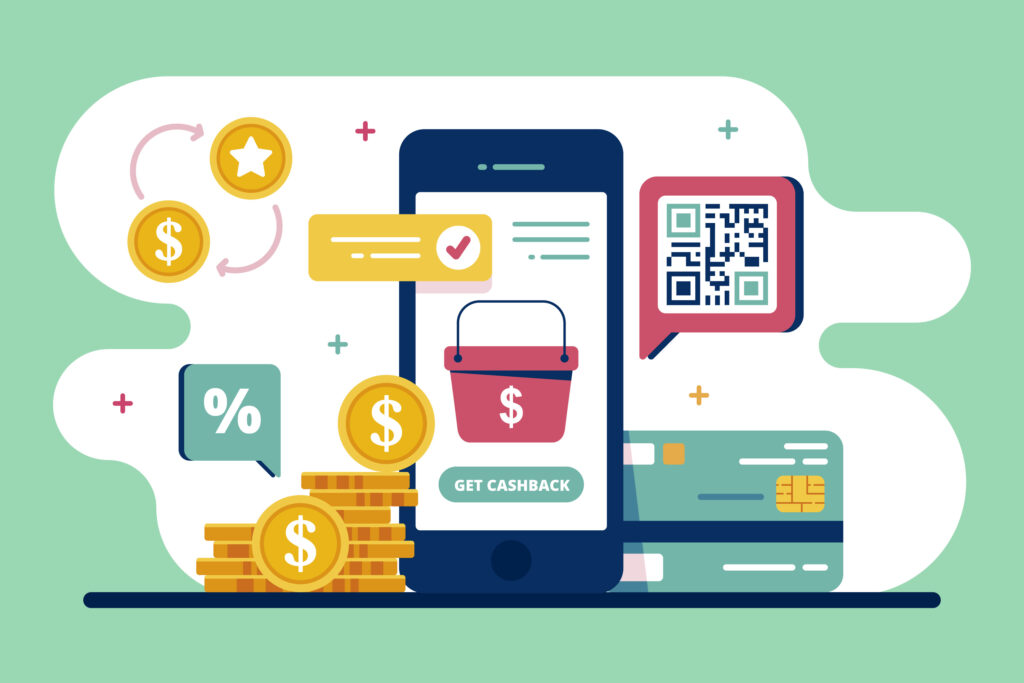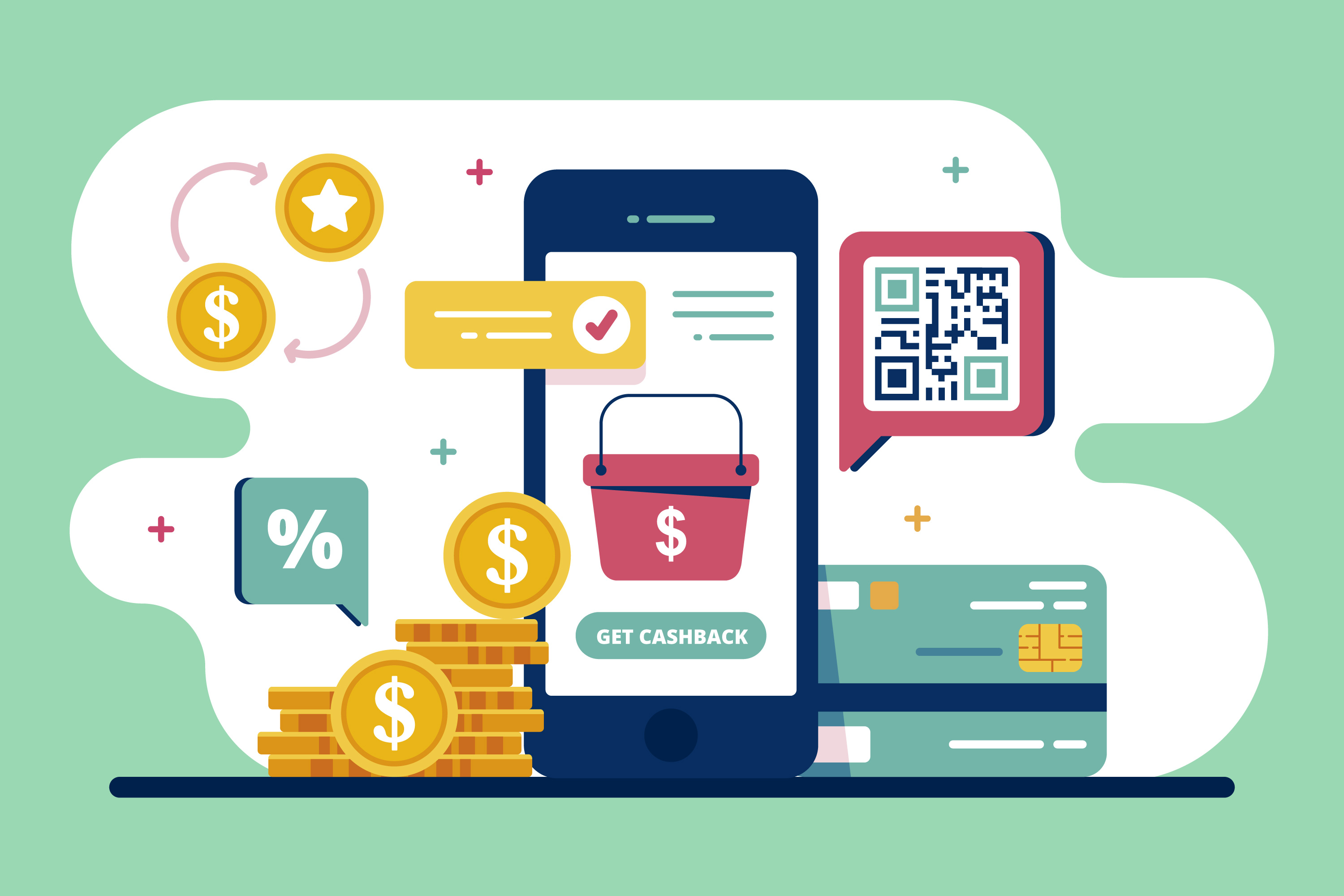Digitizing Payments for Service Based Industries
With the rapid development of technology, the way we conduct transactions has transformed significantly. Cash and checks have been replaced by digital payments, which offer convenience, security, and efficiency. The digitization of payments has revolutionized the way businesses operate, particularly in service-based industries. In this article, we will explore the benefits of digitizing payments for service-based industries and how it can enhance the overall customer experience.

What is Digitizing Payments?
Digitizing payments refers to the process of converting physical payments, such as cash and checks, into digital transactions. This involves the use of electronic payment methods, such as credit and debit cards, e-wallets, and mobile payments. By digitizing payments, businesses can streamline their financial operations, reduce costs, and enhance their customers’ experience.
Benefits of Digitizing Payments for Service-Based Industries
1. Convenience for Customers
Digitizing payments provides convenience for customers by offering multiple payment options, such as credit and debit cards, e-wallets, and mobile payments. This makes it easier for customers to pay for services, regardless of their location or the time of day. Customers can now pay for services online, in-store, or on-the-go, making the payment process more accessible and convenient.
2. Faster Payment Processing
Digital payments enables faster payment processing, which is particularly beneficial for service-based industries. With traditional payment methods, businesses have to wait for checks to clear or for cash to be deposited, which can take several days. With digital payments, businesses can receive payments instantly or within a few hours, which helps improve cash flow and reduces the risk of fraud.
3. Lower Transaction Costs
Digitizing payments can lower transaction costs for service-based industries. With traditional payment methods, businesses may incur high transaction fees for processing checks or accepting credit card payments. With digital payments, transaction fees are typically lower, which can help businesses save money on payment processing.
4. Increased Security
Digitizing payments provides increased security for both businesses and customers. With traditional payment methods, businesses and customers may be at risk of fraud or theft. With digital payments, transactions are encrypted and protected by advanced security protocols, reducing the risk of fraud and theft.
5. Enhanced Customer Experience
Digitizing payments can enhance the overall customer experience by providing a seamless and convenient payment process. By offering multiple payment options, businesses can cater to their customers’ preferences, making it easier for them to pay for services. Faster payment processing and increased security also contribute to a positive customer experience, as customers can trust that their payments are processed quickly and securely.
Digitizing Payments for Different Service-Based Industries
1. Healthcare
Digitizing payments in the healthcare industry can improve patient experience by offering multiple payment options, such as online payments and mobile payments. This makes it easier for patients to pay for medical services and reduces the need for paper-based billing processes. Digital payments also enable faster payment processing and increased security, which helps improve cash flow and reduces the risk of fraud.
2. Professional Services
Professional service providers, such as lawyers and accountants, can benefit from digitizing payments by offering online payments and recurring billing options. This helps reduce the administrative burden of managing invoices and improves cash flow by enabling faster payment processing. Digital payments also provide increased security, which helps protect sensitive financial information.
3. Home Services
Digitizing payments in the home services industry, such as plumbing and electrical services, can enhance the customer experience by providing convenient payment options, such as mobile payments and online payments. This makes it easier for customers to pay for services and reduces the need for cash transactions. Digital payments also enable faster payment processing and increased security, which helps improve cash flow and reduces the risk of fraud.
4. Hospitality
Digitizing payments in the hospitality industry, such as hotels and restaurants, can improve the customer experience by offering multiple payment options, such as mobile payments and online payments. This makes it easier for customers to pay for services and reduces the need for cash transactions. Digital payments also enable faster payment processing and increased security, which helps improve cash flow and reduces the risk of fraud. Additionally, digital payments can help reduce the administrative burden of managing cash and checks, freeing up staff time to focus on other tasks.
5. Transportation
Digitizing payments in the transportation industry, such as taxi services and ride-sharing apps, can improve the customer experience by offering multiple payment options, such as mobile payments and online payments. This makes it easier for customers to pay for services and reduces the need for cash transactions. Digital payments also enable faster payment processing and increased security, which helps improve cash flow and reduces the risk of fraud. Additionally, digital payments can help reduce the administrative burden of managing cash and checks for drivers.
Challenges of Digitizing Payments for Service-Based Industries
Despite the benefits of digitizing payments, there are also some challenges that service-based industries may face. These include:
1. Implementation Costs
Digitizing payments can require significant upfront costs, such as implementing new software and hardware systems. This can be a challenge for small businesses that may not have the resources to invest in new technologies.
2. Security Risks
Digitizing payments can also increase security risks, such as data breaches and cyberattacks. This can be a concern for businesses that handle sensitive financial information.
3. Customer Education
Digitizing payments may require customers to learn new payment processes and technologies. This can be a challenge for businesses that have customers who may not be tech-savvy or resistant to change.
4. Integration with Existing Systems
Digitizing payments may require businesses to integrate new payment systems with their existing processes and software. This can be a challenge for businesses that have complex systems or limited IT resources.
Conclusion
Digital payments offers many benefits for service-based industries, including convenience, faster payment processing, lower transaction costs, increased security, and enhanced customer experience. However, businesses should also be aware of the challenges that come with digitizing payments, such as implementation costs, security risks, customer education, and integration with existing systems. By carefully weighing the benefits and challenges, service-based industries can make informed decisions about whether to digitize their payment processes and how to do so in a way that best meets their business needs and customer preferences.
Related Articles:




